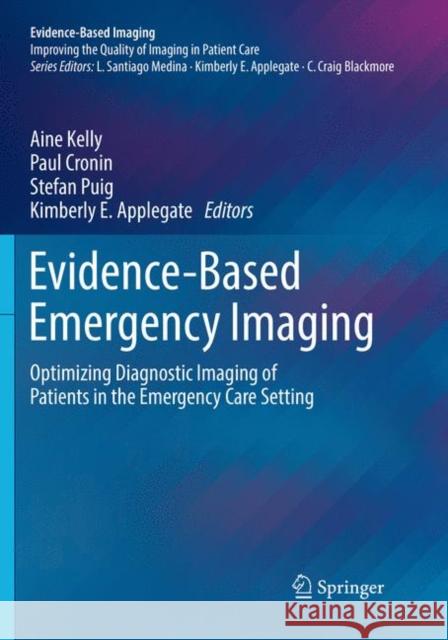Evidence-Based Emergency Imaging: Optimizing Diagnostic Imaging of Patients in the Emergency Care Setting » książka
topmenu
Evidence-Based Emergency Imaging: Optimizing Diagnostic Imaging of Patients in the Emergency Care Setting
ISBN-13: 9783030097875 / Angielski / Miękka / 2019 / 658 str.
Evidence-Based Emergency Imaging: Optimizing Diagnostic Imaging of Patients in the Emergency Care Setting
ISBN-13: 9783030097875 / Angielski / Miękka / 2019 / 658 str.
cena 684,33
(netto: 651,74 VAT: 5%)
Najniższa cena z 30 dni: 655,41
(netto: 651,74 VAT: 5%)
Najniższa cena z 30 dni: 655,41
Termin realizacji zamówienia:
ok. 22 dni roboczych.
ok. 22 dni roboczych.
Darmowa dostawa!
Kategorie BISAC:
Wydawca:
Springer
Seria wydawnicza:
Język:
Angielski
ISBN-13:
9783030097875
Rok wydania:
2019
Wydanie:
Softcover Repri
Ilość stron:
658
Waga:
1.40 kg
Wymiary:
25.4 x 21.08 x 3.3
Oprawa:
Miękka
Wolumenów:
01











